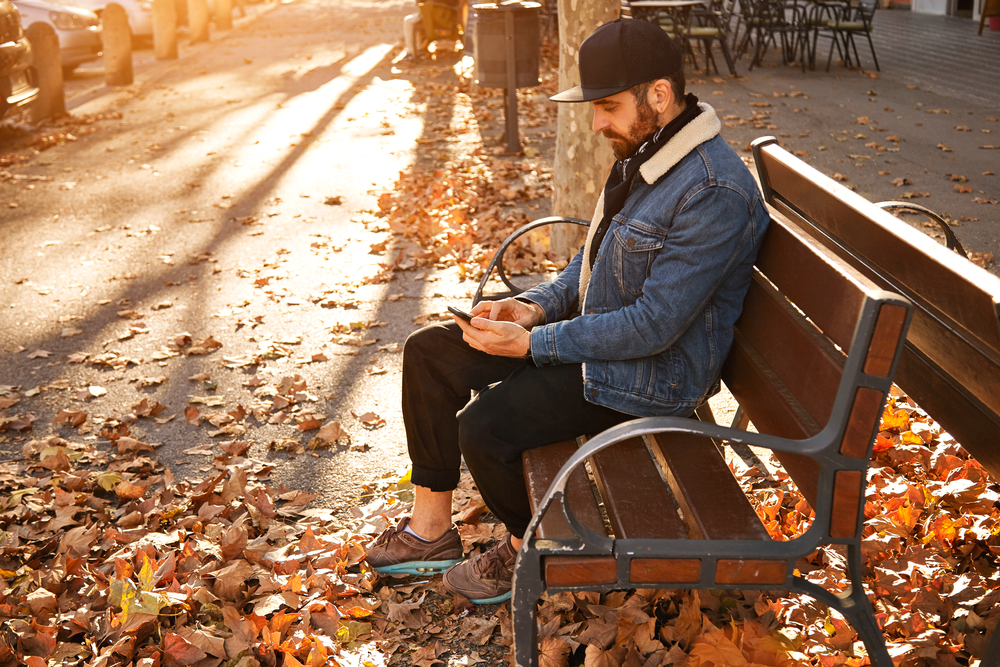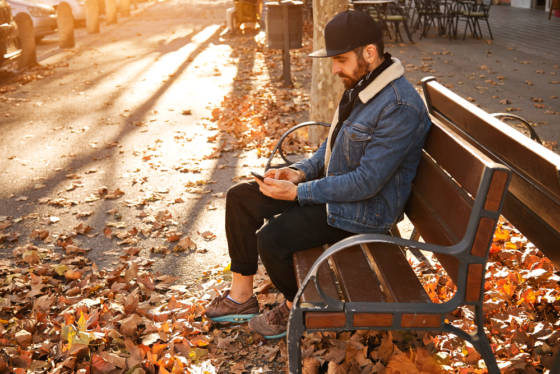Loneliness costs health service €2bn and coronavirus will make this worse


Loneliness leads to more spending on healthcare, both directly and indirectly, particularly in younger age groups, and urgent measures are needed to tackle it, according to Maastricht University researchers.
Loneliness has been associated with unhealthy behavior, poorer health, and increased morbidity but until now the economic cost of loneliness has been poorly understood, the researchers say in an article, published in the International Journal of Public Health.
Aside from their mental welfare needs, people who suffer from severe or very severe loneliness incur 40% to 50% higher healthcare costs compared with people who don’t feel lonely, the researchers found.
The research is based on a study of 350,000 people in the Netherlands. Taken across the entire population, the extra healthcare costs total around €2bn, the researchers say. One in 10 people in the Netherlands say they are very or extremely lonely, according to public health institute RIVM.
The study is based on pre-coronavirus data and the researchers say they expect the problem will have worsened considerably since then.
‘We see that loneliness, especially among younger people between 19 and 40 years old, is associated with higher healthcare costs,’ says assistant professor Daan Westra. ‘This is worrying in the light of the current measures, which are hitting young people hard.’
It is, he says, crucial to find ways to help this group within the restrictions and to prevent them from becoming isolated and feeling even more lonely. This is particularly important because the research shows ‘higher healthcare expenditure due to loneliness can persist for an extended period.’
Love lives
Meanwhile, the Rutgers centre for sexual health has published its own research saying the coronavirus lockdown is having a worrying impact on youngsters’ sexual development.
Just one in five of the 4,000 under-21s who took part in the survey went on dates during the crisis, compared with 51% before Covid-19 hit.
‘The limits on social contacts have put youngsters’ love lives on hold,’ the foundaiton said. ‘Youngsters have less opportunity to experiment and enjoy sex, which is crucial at this age.’
Thank you for donating to DutchNews.nl.
We could not provide the Dutch News service, and keep it free of charge, without the generous support of our readers. Your donations allow us to report on issues you tell us matter, and provide you with a summary of the most important Dutch news each day.
Make a donation